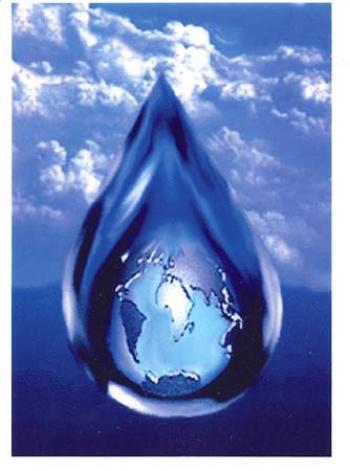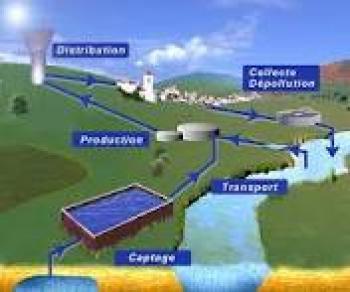
Collaboration in Promoting the Right to Water
Access to life-giving water is important to us. The actions of UNANIMA international an organization of which we are a part, calls us to new action which involves us in Quebec where the debate on the subject of shale gas is very real.
UNANIMA International collaborated with Food and Water Watch in mid September to present a joint letter to bring fracking to the attention of the UN Human Rights Council in Geneva. This effort is focused on informing the work of Caterina De Albuquerque, the UN special rapporteur on the human right to water and sanitation.

Hydraulic fracturing or “fracking” uses “brute force” to blast open oil, gas and coal formations with highly pressurized chemical fluids or gases. It is the subject of serious government investigations throughout North America.
In 2002, the Canadian Council of Ministers of the Environment held a Linking Water Science to Policy Workshop. The workshop report concluded that unconventional natural gas drilling posed a real threat to groundwater quality and quantity, and that the nation needs “baseline hydrogeological investigations…to be able to recognize and track groundwater contaminants.”
Now that the human right to water has been officially recognized by the UN General Assembly, and De Albuquerque has determined that fracking could further imperil the human right to water in the U.S., UNANIMA believes that all states should stand behind a commitment to safeguard this right to our precious water and ban fracking.
In an assessment of the situation in the U.S., De Albuquerque reported on water contamination found there from fracking and recommended “a holistic consideration of the right to water by factoring it into policies having an impact on water quality, ranging from agriculture to chemical use in products to energy production activities.”

The joint letter pointed out to the UN Human Rights Commission that fracking isn’t only a problem in the U.S.
The oil and gas industry has its sights set on fracking in Europe, with the U.S. energy information administration forecasting 187 trillion cubic feet of gas resources available in Poland, followed closely by France at 180 trillion cubic feet.
France, however, following strong civil society protests, currently has a moratorium against fracking.
Join UNANIMA International, Food and Water Watch and many other organizations to follow France’s example and stop Fracking. (fwwatch.org)